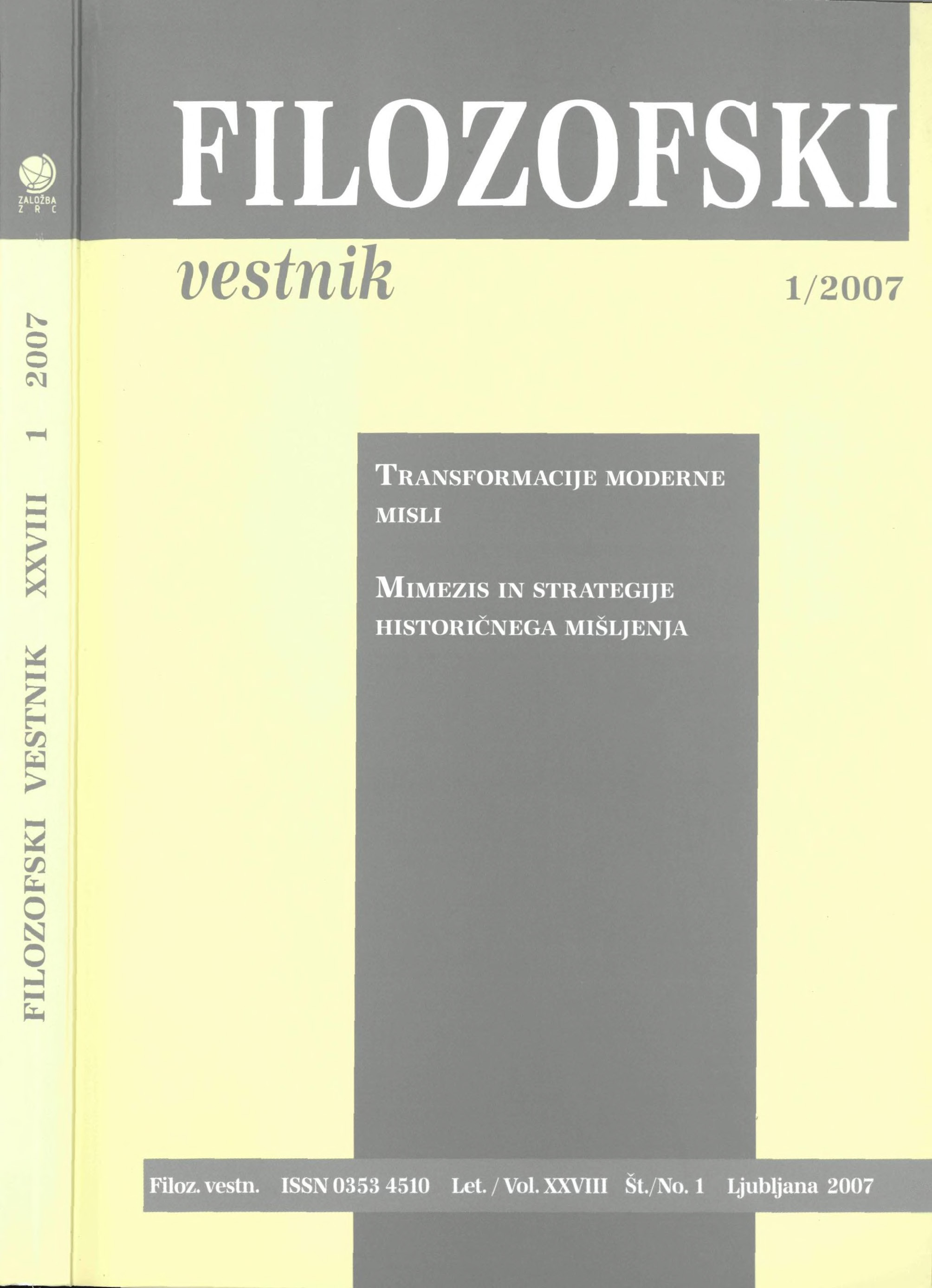Towards a Materialist Theology
Keywords:
Christianity, Islam, modern science, Lacan's formulas of sexuation, atheism, Zero and multiplicitiesAbstract
The author focuses on the relationship between Christianity and Islam on one hand, and between Christianity and modern science, on the other. The relationship of Christianity to Islam and science can be explained with the help of Pope's quotation of the infamous lines of a 14th century Byzantine Emperor, which caused an uproar in Muslim circles, and which we have to read together with Pope's condemnation of Western “godless secularism” and with his remarks about the “irrationality of Darwinism”. The definitions of (ir)rationality and exception are the key not only to an understanding of the difference between Christianity and Islam: the underlying logic of Islam is that it allows for no exception, while the underlying logic of Christianity is that of an “irrational” exception. Pope's concept of “Reason” is a concept of the pre-modern teleological Reason, the view of the universe as a harmonious Whole in which everything serves a higher purpose. With this concept of “Reason”, Pope obfuscates the key role of Christian theology in the birth of modern science, for which the assertion of the contingency of the universe, the break with Aristotelian teleology, is a constitutive axiom. One of the lessons of the theory of relativity and quantum physics is that modern science undermines our most elementary natural attitudes and compels us to believe (accept) the most “nonsensical” things. The author links all that to Lacan's logic of non-All, which always guarantees a proper opening for the scientific discourse to surprises, to the emergencies of the “unthinkable”, and to Badiou's ontological breakthrough – the opposition between Zero and multiplicities, and to the thesis that atheism is truly thinkable only within monotheism.Downloads
Download data is not yet available.
Downloads
Published
2016-03-05
How to Cite
Žižek, S. (2016). Towards a Materialist Theology. Filozofski Vestnik, 28(1). Retrieved from https://ojs.zrc-sazu.si/filozofski-vestnik/article/view/4384
Issue
Section
Transformations of Modern Thought
License
Authors guarantee that the work is their own original creation and does not infringe any statutory or common-law copyright or any proprietary right of any third party. In case of claims by third parties, authors commit their self to defend the interests of the publisher, and shall cover any potential costs.
More in: Submission chapter





